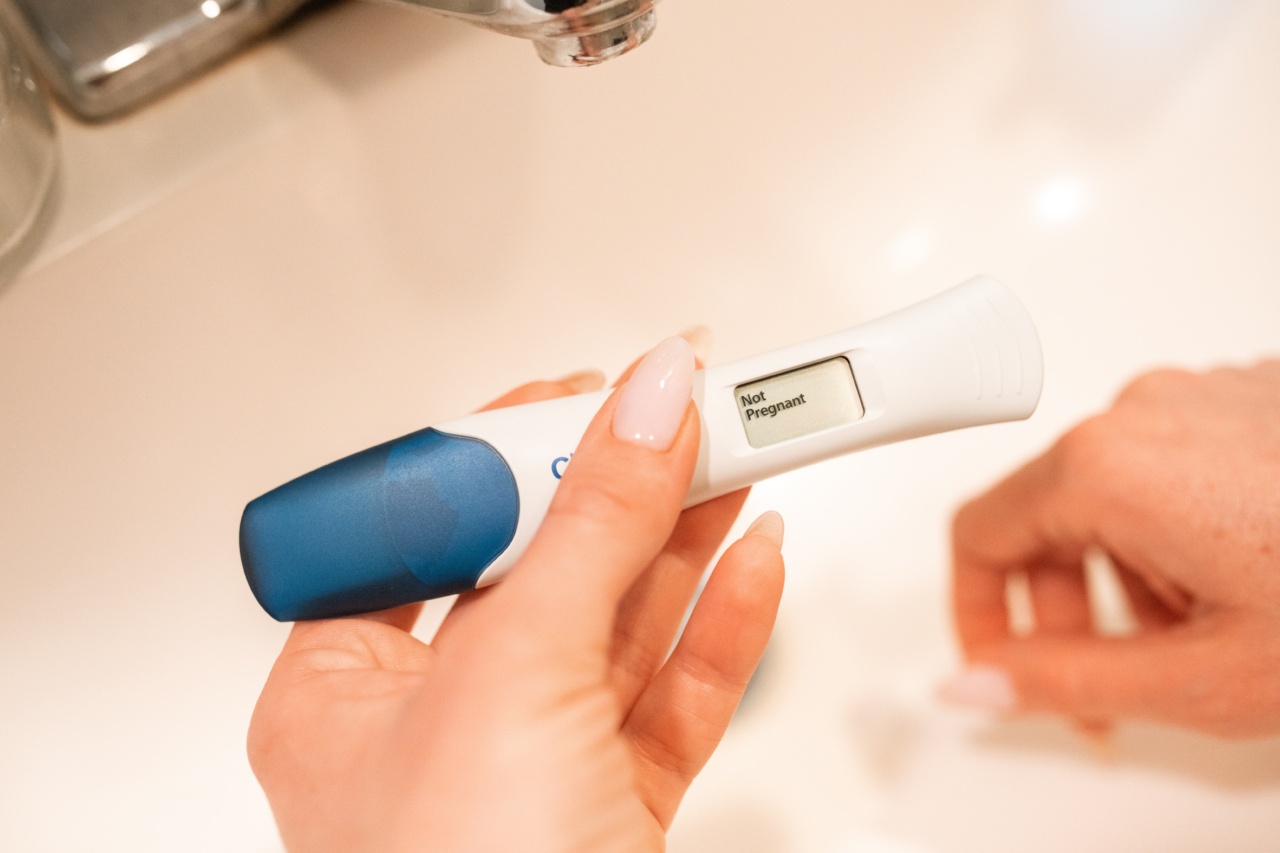High blood pressure is a common condition that can lead to serious health issues if left untreated. While medication is often necessary, there are also natural ways to lower your blood pressure quickly.
In this article, we’ll share ten tips to help you reduce your blood pressure to 120.
1. Exercise Regularly
One of the most effective ways to lower your blood pressure is to exercise regularly. Physical activity strengthens the heart and can help reduce stress levels, which can contribute to high blood pressure.
Aim for at least 30 minutes of moderate exercise every day, such as brisk walking, cycling, or swimming.
2. Reduce Your Sodium Intake
Eating too much salt can cause your body to retain fluids, which can lead to high blood pressure. Read food labels carefully and aim to consume no more than 2,300 milligrams of sodium per day.
If you have high blood pressure, your doctor may recommend an even lower sodium intake.
3. Eat a Healthy Diet
A healthy diet can help reduce your blood pressure and improve your overall health. Focus on eating plenty of fruits, vegetables, whole grains, and lean proteins. Avoid processed foods and limit your intake of saturated and trans fats.
4. Cut Back on Alcohol
Drinking too much alcohol can raise your blood pressure and put you at risk of heart disease. Aim to consume no more than one drink per day if you’re a woman, and no more than two drinks per day if you’re a man.
5. Lose Weight
If you’re overweight, losing even a few pounds can help lower your blood pressure. Aim for a healthy weight by following a balanced diet and exercising regularly.
6. Quit Smoking
Smoking can raise your blood pressure and put you at risk of heart disease. Quitting smoking can be difficult, but there are many resources available to help you quit for good.
7. Manage Stress
Stress can cause your blood pressure to rise, so it’s important to find ways to manage stress in your life. Try deep breathing exercises, meditation, yoga, or other relaxation techniques.
Also, try to make time for activities that you enjoy, such as reading, gardening, or spending time with friends and family.
8. Monitor Your Blood Pressure
It’s important to monitor your blood pressure regularly if you have high blood pressure. You can purchase a blood pressure monitor to use at home or check your blood pressure at your doctor’s office.
This will help you track any changes in your blood pressure and make adjustments to your lifestyle as needed.
9. Take Medication as Prescribed
If your doctor has prescribed medication to lower your blood pressure, it’s important to take it exactly as prescribed. Don’t stop taking your medication without talking to your doctor first, even if you feel better.
10. Get Enough Sleep
Getting enough sleep is important for your overall health, including your blood pressure. Aim for at least 7-8 hours of sleep per night. If you have trouble sleeping, talk to your doctor for advice on improving your sleep habits.




























